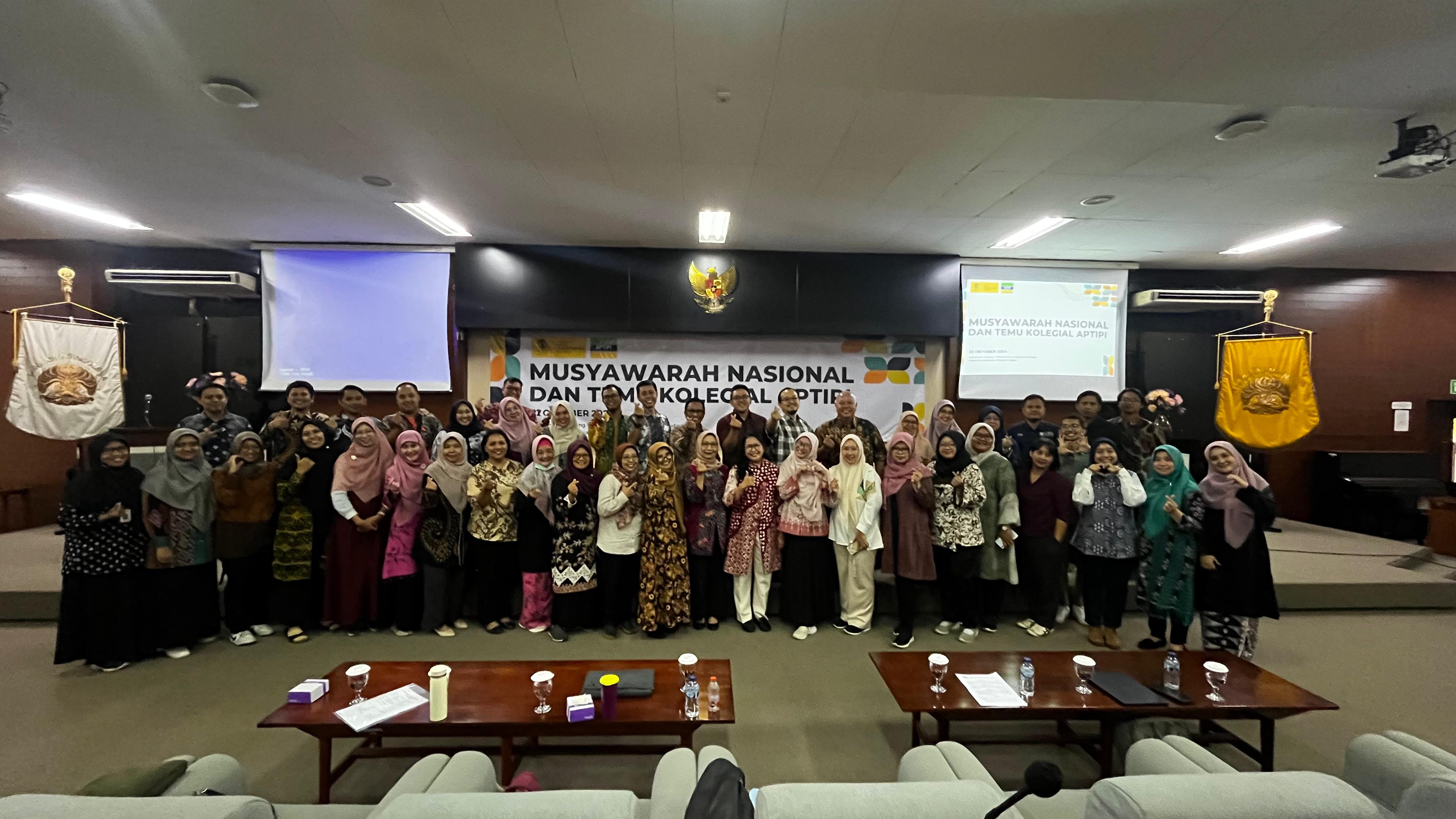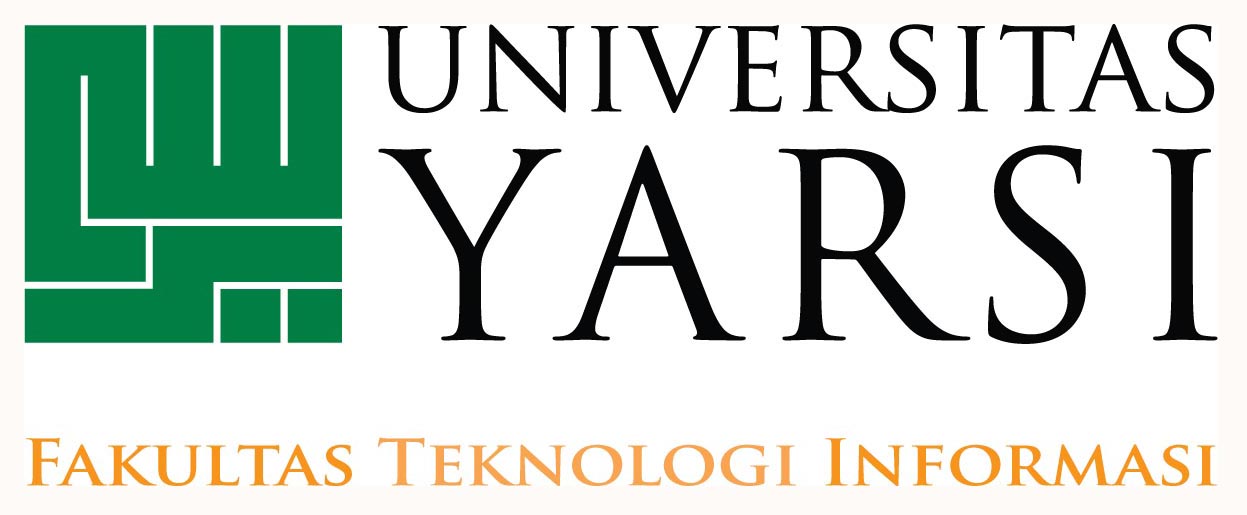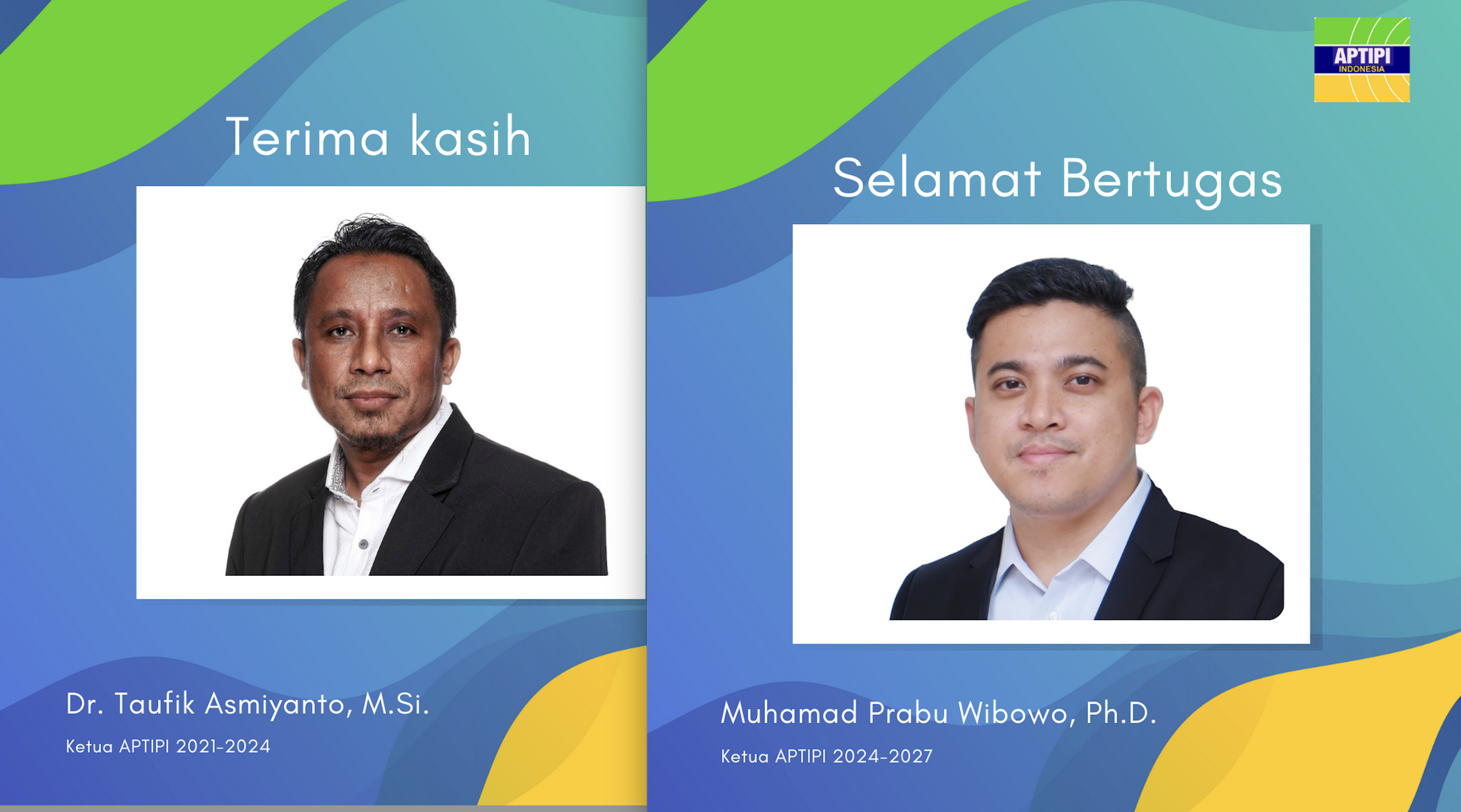National Collegial Meeting of APTIPI 2024

The National Collegial Meeting of APTIPI (Association of Higher Education in Library and Information Sciences)2024 focused on key discussions and decisions shaping the future of Library and Information Sciences (LIS) education in Indonesia.
The meeting began with a report by the outgoing chair, Dr. Taufik Asmiyanto, M.Si., summarizing activities and achievements during the 2021–2024 term.
Afterward, the meeting continued with the election of the new APTIPI chair for the 2024–2027 period.
Election of New Leadership
Muhamad Prabu Wibowo, Ph.D. was elected as the new chair of APTIPI for 2024–2027. His leadership is expected to prioritize collaboration, innovation, and the development of programs that strengthen APTIPI’s role in education and the profession.
The meeting then proceeded with discussions on curriculum updates, professional skills, and ways to adapt LIS education to meet current and future needs.
Key Topics Discussed
Evaluation of LIS Education Programs
- Program Development: There was a focus on evaluating vocational programs under APTIPARI, especially regarding student admissions, curriculum design, and graduate outcomes. Discussions aimed to ensure that these programs meet professional and academic standards while staying relevant to job market demands.
- Competency Standards: Universities like Universitas Padjadjaran (Unpad) emphasized the need to include digital archiving skills, while Universitas Indonesia (UI) stressed the importance of Media Resource Archiving (MRA).
- Program Differences: Concerns were raised about inconsistencies in program names across institutions. Efforts are underway to standardize them with support from the National Civil Service Agency (BKN) and the Ministry of Administrative and Bureaucratic Reform (PANRB).
Professional Recognition and Career Development
Alumni voiced concerns about low perceived competencies and limited career options, especially in school libraries and government roles. The association agreed on the need to improve career pathways by advocating for policies and revising curricula.
Curriculum Updates and Accreditation
- The meeting discussed preparations for the 2025 accreditation transition to specialized agencies like LAMSPAK (Library, Archives, and Information Sciences) and LAMHUM (Humanities). Programs need to meet stricter quality standards.
- Suggestions included creating a standard reference for core courses and applying it to undergraduate and graduate programs.
Strengthening Research and Collaboration
- Research Focus: Universities were encouraged to identify their research strengths and align them with national and global LIS trends. Institutions like Universitas Diponegoro (UNDIP) proposed collaborative research projects and improving journals to achieve higher SINTA rankings.
- Entrepreneurship Skills: Universitas Negeri Padang highlighted the importance of teaching entrepreneurship to graduates, helping them explore career options beyond traditional library roles.
Improving Professional Skills
The association discussed updating professional competencies to include attitudes, general skills, and specialized knowledge. This will better prepare graduates for various roles in LIS fields.
Roadmap and Governance
- The meeting approved a roadmap to standardize LIS programs across institutions, aligning with new regulations from the Ministry of Education and Culture.
- Committees were formed to focus on key areas:
- Curriculum Development: For diploma, undergraduate, and graduate programs.
- Faculty Development: Focusing on career growth and qualifications.
- Research and Publications: Improving journal quality and research output.
- Community Awareness: Promoting public understanding of the LIS profession.
Closing
The APTIPI National Collegial Meeting 2024 ended with a commitment to improving the quality of LIS education in Indonesia. The discussions highlighted the need for stronger collaboration between institutions, competency-based education, and preparing graduates for global challenges. The new leadership will focus on inclusivity, quality, and sustainability to achieve these goals.




